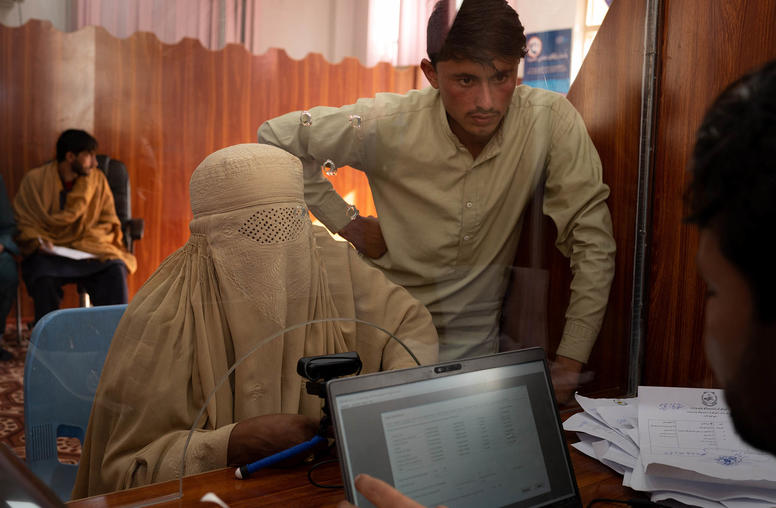Publications
Articles, publications, books, tools and multimedia features from the U.S. Institute of Peace provide the latest news, analysis, research findings, practitioner guides and reports, all related to the conflict zones and issues that are at the center of the Institute’s work to prevent and reduce violent conflict.

How Myanmar’s Central Bank Facilitates the Junta’s Oppression
Over the three years since Myanmar’s military overthrew the county’s elected government, the Central Bank of Myanmar (CBM) has emerged as a critical component of the junta’s apparatus of public oppression. It is the principal actor providing the junta — the self-styled State Administrative Council, or the SAC — with the financial resources to wage its wars, and it is the primary instrument via which the junta seeks to thwart international sanctions.

What to Expect from the Doha Conference on Afghanistan
On February 18-19, United Nations Secretary-General Antonio Guterres will convene a meeting on Afghanistan in Doha to discuss the ongoing humanitarian and human rights crises and the recent report on a way forward by U.N. Special Coordinator for Afghanistan Feridun Sinirlioğlu. Special envoys from U.N. member states and international organizations will attend; representatives from Afghan civil society, women’s groups and Taliban officials have also been invited. The conference is a critical, high-level opportunity for donors and the region to chart next steps on how to improve the situation in Afghanistan and engage with the Taliban regime.

China, Russia See SCO at Counterweight to NATO but India Is Ambivalent
A week ahead of the NATO summit in Washington, leaders of the Shanghai Cooperation Organization (SCO) gathered in Astana, Kazakhstan for the group’s annual meeting. Already one of the world’s largest regional organizations, the SCO added Belarus to the bloc at this year’s summit. Established by China and Russia in 2001, the SCO was originally focused on security and economic issues in Central Asia. But amid growing division and competition with the West, Beijing and Moscow increasingly position the growing bloc as a platform to promote an alternative to the U.S.-led order. Still, the organization’s expansion has been met with friction by some members.